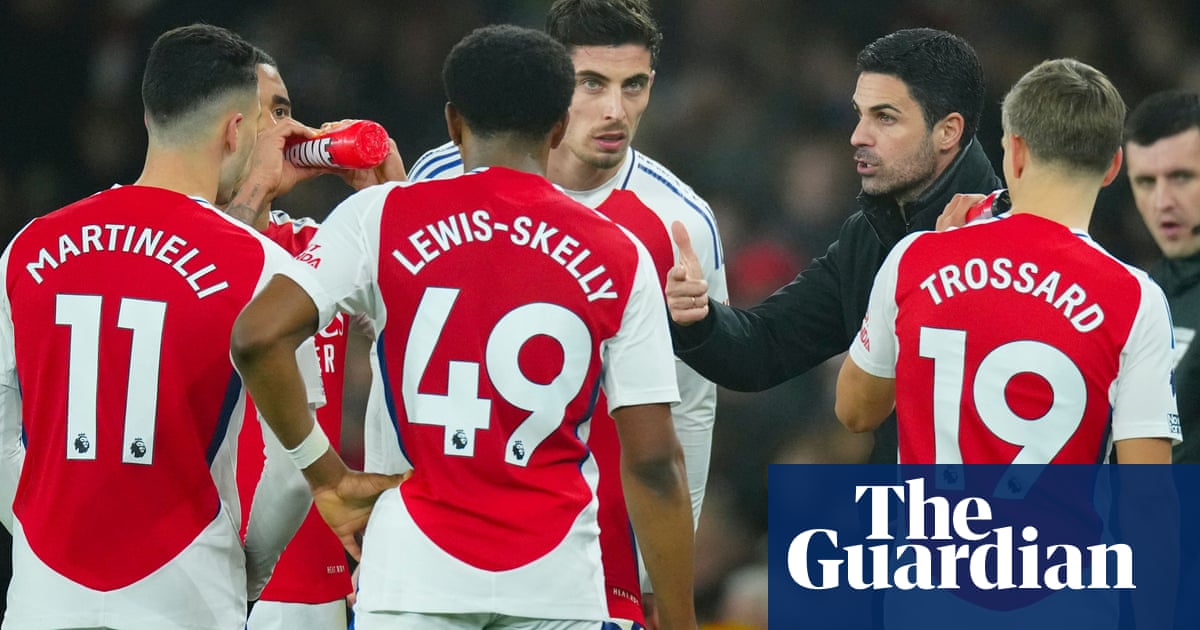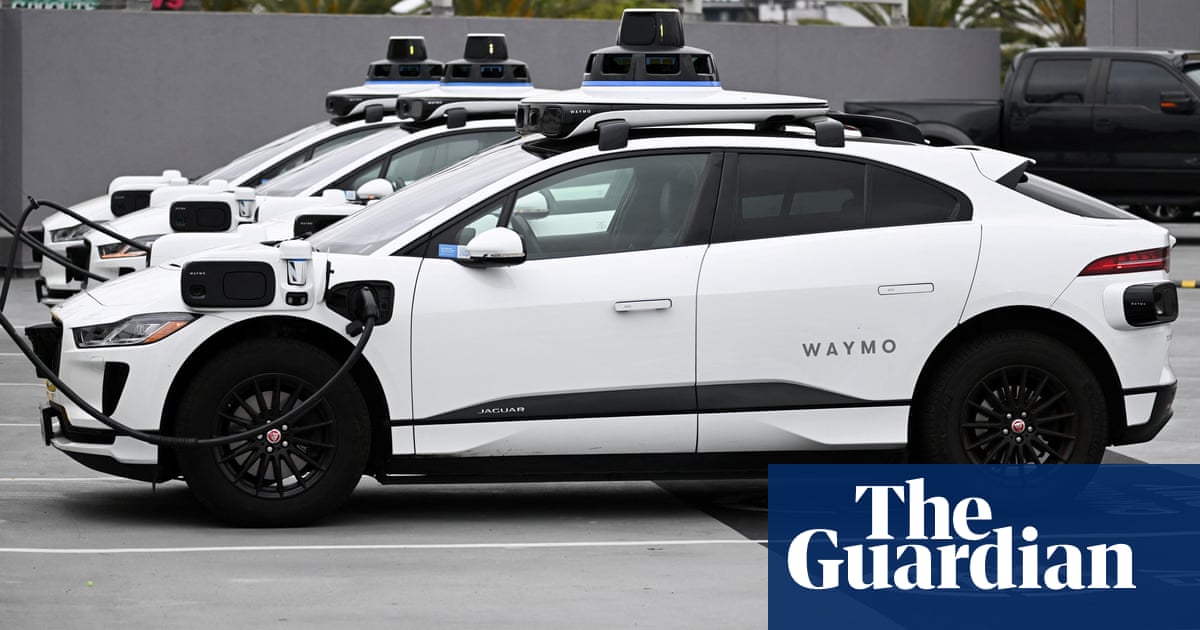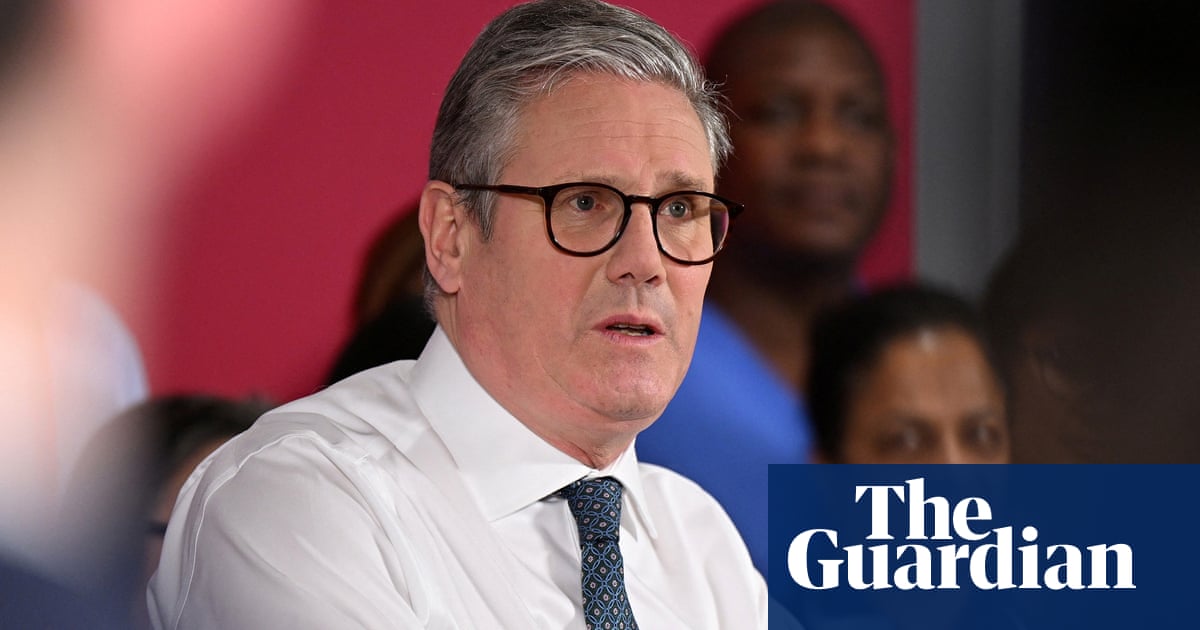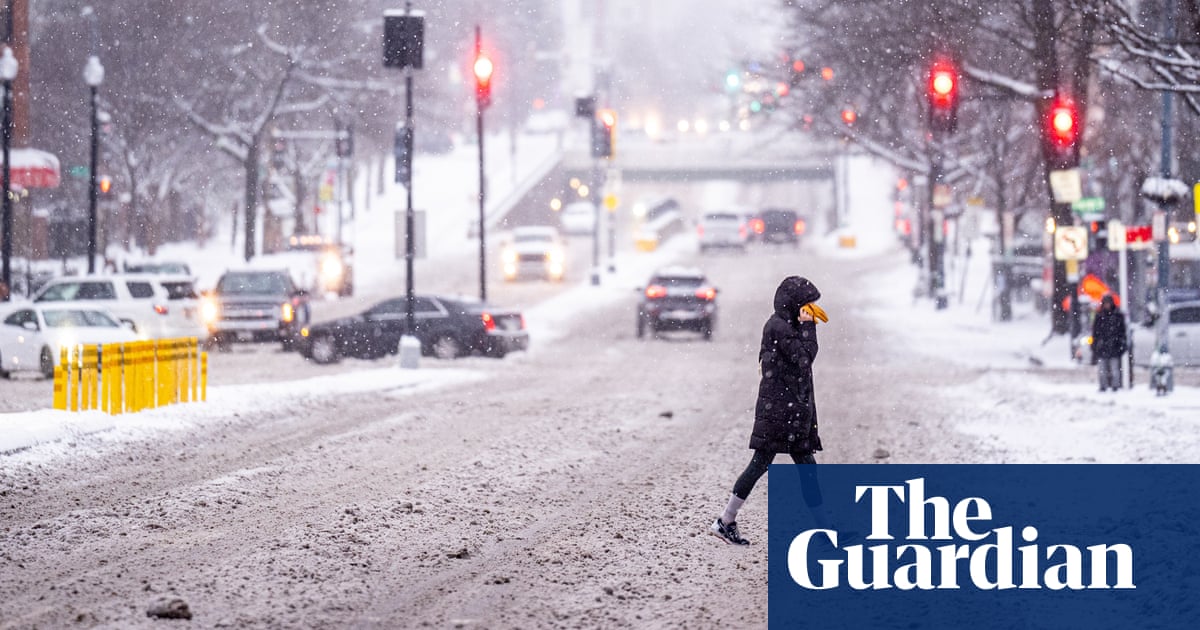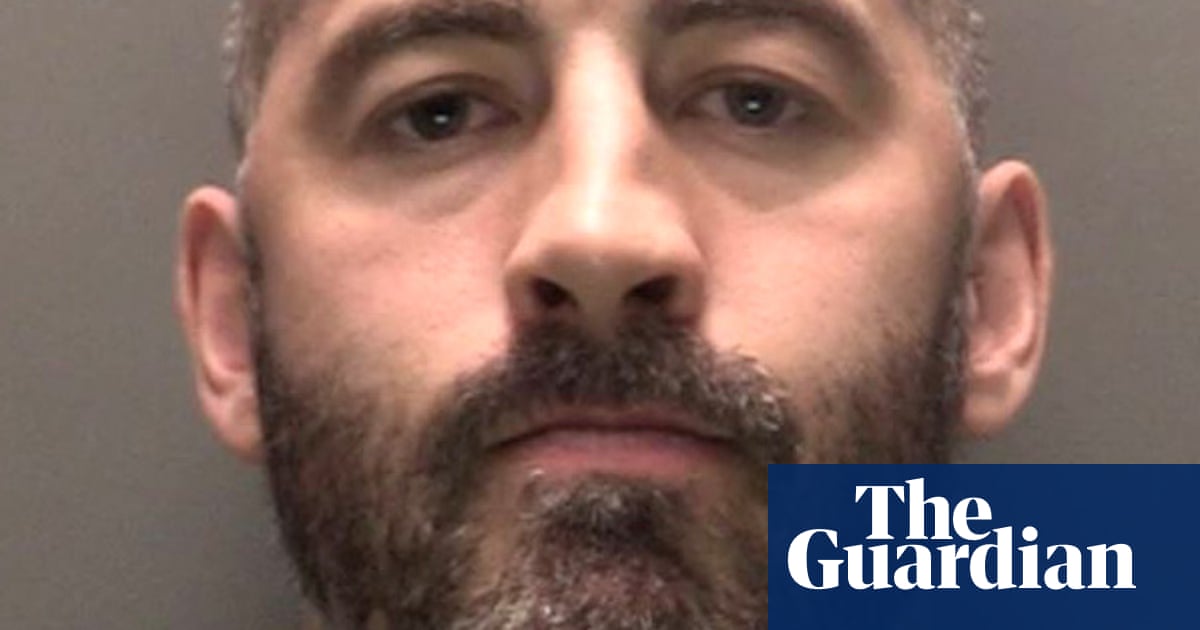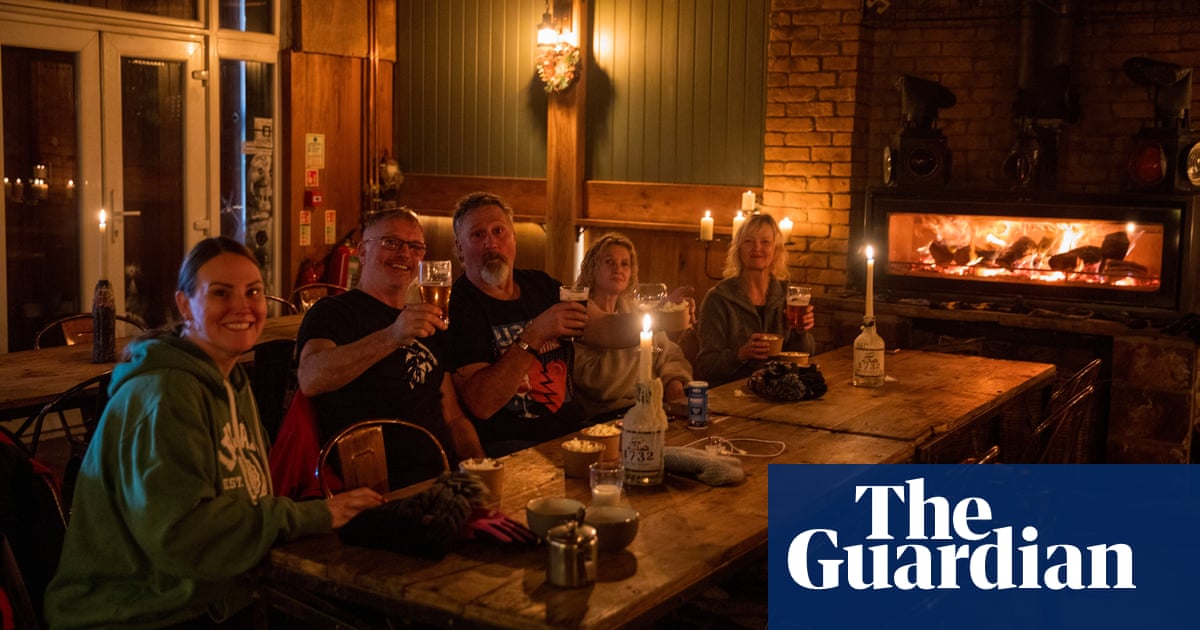Non-proliferation groups are urging the UK government to make a late about-turn on plans to vote alongside France, Russia and North Korea against a UN resolution to study the effects of nuclear war.
In a debate on Friday, a UN general assembly committee will discuss a resolution to create an international panel of scientific experts to examine the global impact of different nuclear conflict scenarios.
The resolution, drafted by Ireland and New Zealand, is expected to be overwhelmingly approved by the committee and then later by the full assembly. Diplomats involved in preparations for the vote say the US and China are expected to abstain but that the UK, France, Russia and North Korea had indicated likely “no” votes.
London and Paris joining forces with Moscow and Pyongyang would not stop the resolution but could have an impact on their reputations when it comes to other nuclear proliferation issues.
The UK and French missions to the UN did not respond to requests for comment and diplomats in New York said final decisions could be left until the last hours before the vote.
Arms control advocates expressed disappointment on Thursday that, with just 24 hours to go before the debate, the UK’s new Labour government had shown no signs of changing course.
“People naively thought that, with a Labour government, you would see a shift away from this kind of weird line that the UK has taken on this particular type of thing,” said Patricia Lewis, the head of the international security programme at the Chatham House thinktank. “Maybe this is the Labour party trying to be more Catholic than the pope when it comes to nuclear weapons, but why not vote with the US, and abstain?”
The panel proposed in Friday’s resolution would be the first such UN-mandated study since 1988 and experts say a lot has changed since then, in science and the nuclear threats around the world. For example Russia and North Korea, countries which have made aggressive nuclear threats, have entered a deepening partnership.
Lewis argued that a no vote by the UK and France would undermine their credibility with other UN member states, especially when London and Paris are trying to rally global support for criticism of Moscow.
“The UK has been struggling to get countries like South Africa and Brazil onboard over the whole issue of Russia’s behaviour, so this is an opportunity for the UK to say: ‘Yes, we hear you,’” Lewis said.
Observers believe the UK position could be the result of a pact with France to fend off criticism of their nuclear arsenals.
“I think this is building bridges with the French,” said Zia Mian, a physicist and co-director of Princeton University’s programme on science and global security. “The French don’t want to be alone with the Russians and the North Koreans and whatnot in voting no.”
The UK, France, Russia and North Korea have been on the same side in a UN vote before. In December last year, they were the only four countries to vote against a general assembly resolution aimed at helping radiation victims of nuclear testing and restoring the environment at past test sites.
Some arms control experts were still hoping on Thursday that the British policy had remained unchanged from the previous Tory government through sheer inertia and could still change if the matter gained the attention of the Labour leadership at the 11th hour.
“People are working hard in London to make sure that the political level knows that this is what’s going on, because often this is done on autopilot,” said Mian, who has argued for a new scientific panel.
The UN panel would be made up of 21 scientific experts and would examine “the physical effects and societal consequences of a nuclear war on a local, regional and planetary scale”.
Scientists say such work is essential as so much has changed in the subject area since 1988, when the last study was done. For example, it was previously thought it would take a full-scale nuclear conflict between superpowers to plunge the world into a “nuclear winter”; it is now thought that even a limited nuclear exchange between regional adversaries could have such a devastating global effect.
“They never imagined that the climate system was so sensitive to these kinds of effects,” Mian said.
In April, the UK Royal Society was part of a joint statement by the national academies of science of the G7 member states, which said: “Among the roles of the scientific community are to continue to develop and communicate the scientific evidence base that shows the catastrophic effects of nuclear warfare on human populations and on the other species with which we share our planet.”
While some governments and national scientific institutions have done their own research, supporters of the resolution said a UN panel could establish a global consensus and a scientific “gold standard”, emulating the Intergovernmental Panel on Climate Change, and have an impact on policy.
“Studying the results of nuclear war will flesh out how bad it would be to have one, and maybe add pressure on countries who would otherwise think about using nuclear weapons,” said Andrey Baklitskiy, a senior researcher at the UN Institute for Disarmament Research. “Their leaders, their elites would maybe study or read it, or their populations, or partners or allies, who would maybe say we really don’t want this to happen.”

.png) 2 months ago
15
2 months ago
15


